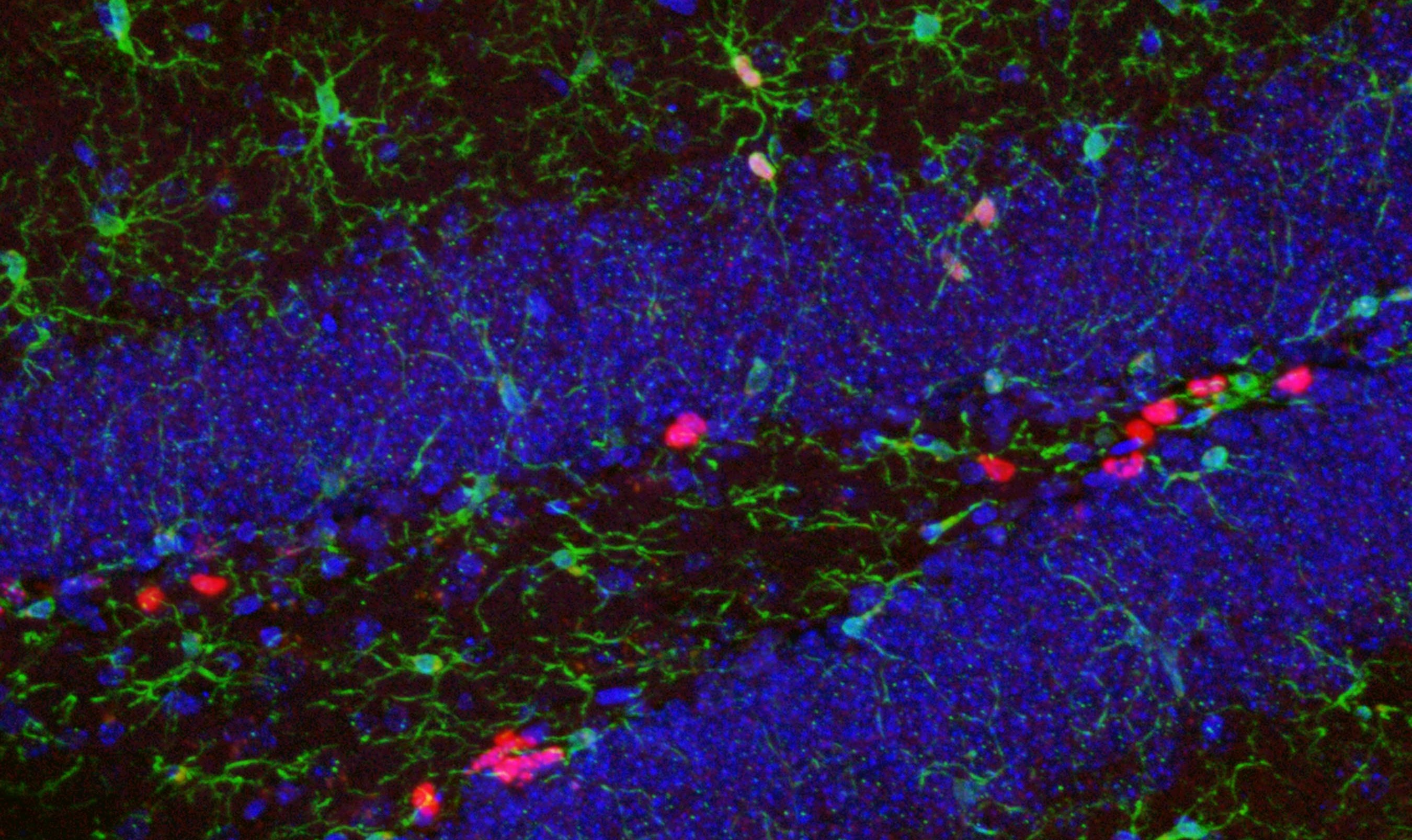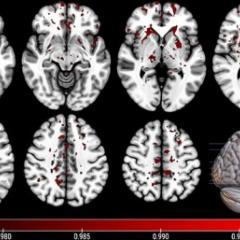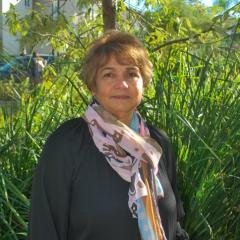A discovery by The University of Queensland researchers could change the way brain injury and traumas are treated in the future.
Researchers are investigating how the brain’s resident immune cells can control the production of new brain nerve cells in the learning and memory centre of the brain.
Dr Jana Vukovic and her team at UQ’s School of Biomedical Sciences (SBMS) discovered that when brain-derived neurotrophic factor (BDNF) was genetically removed from the brain’s immune cells (microglia) there was an increased production of newborn neurons.

SBMS researcher Dr Emily Willis said the discovery had implications for the the way brain injury and traumas would be treated in the future.
“Ordinarily, neural stem cells give rise to new brain nerve cells (neurons) in select few brain regions throughout our adult lives, and this process is called neurogenesis,” Dr Willis said.
“However, when neurogenesis is impaired – whether due to ageing, or in the instance of a traumatic brain injury – our ability to learn and remember is negatively impacted.
“This discovery has revealed one of the factors that microglia use to control their numbers and characteristics and thereby affect neurogenesis, and this is exciting because if we can understand how to support neurogenesis we may be able to counteract or alleviate these learning and memory deficits.”
Dr Willis said she hoped the breakthrough would aid further research into understanding how a patient’s own immune system may be encouraged to help repair damage to their brain.
“Our understanding of how to harness the immune system to treat patients with neuro-inflammatory disorders is still in its infancy,” she said.
“We still require more discovery research into this.
The study was recently published here in the Journal of Neuroscience.



